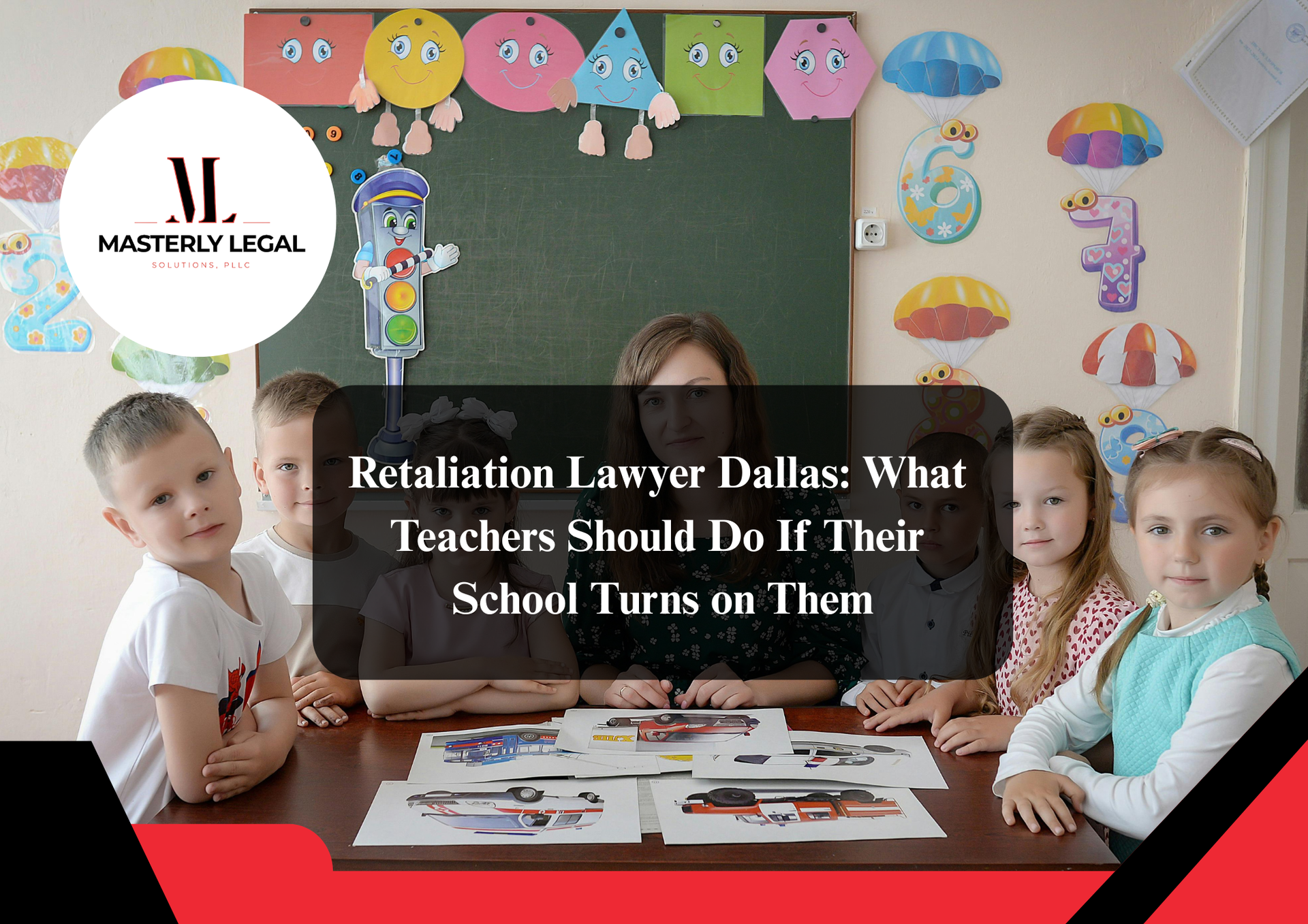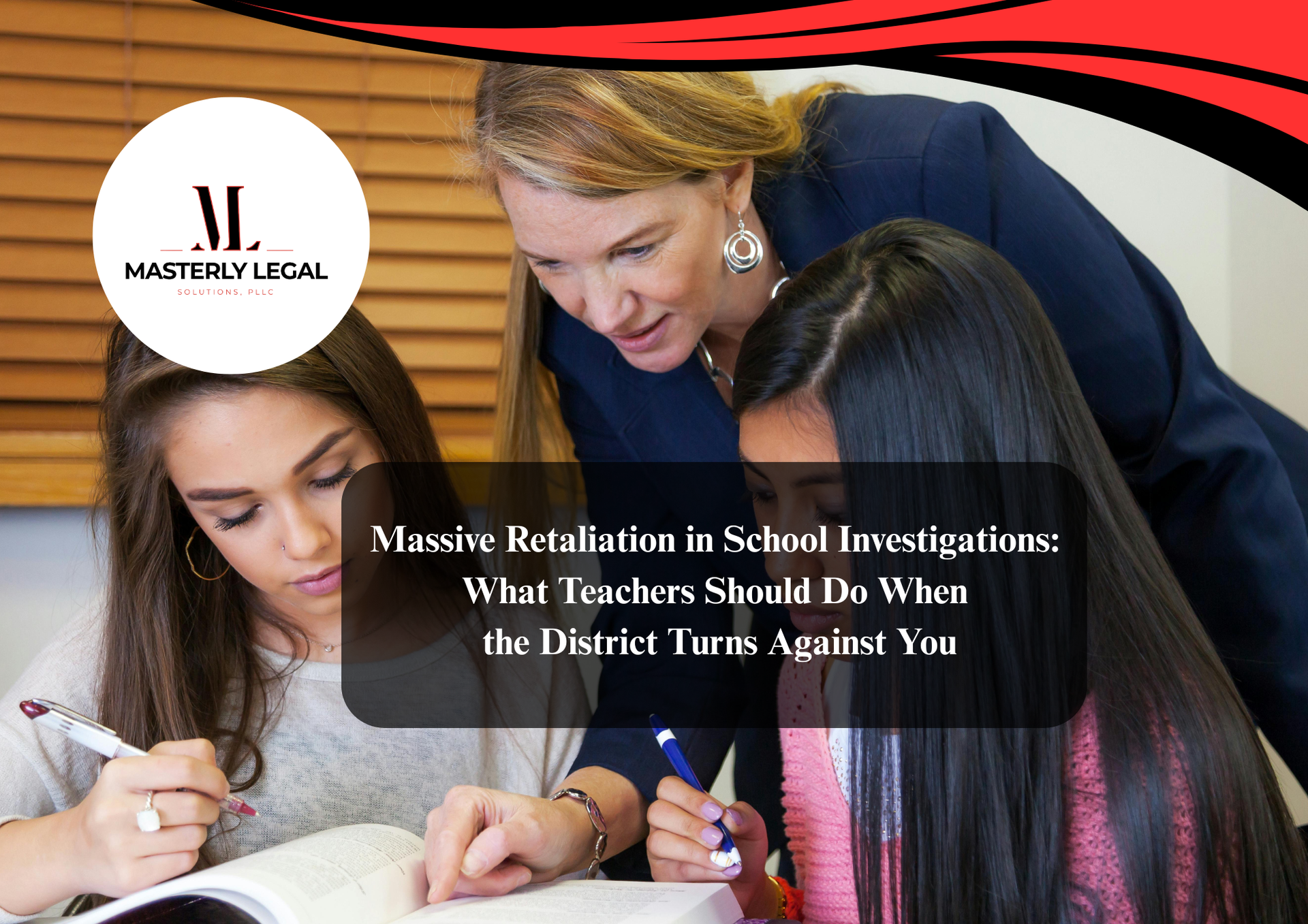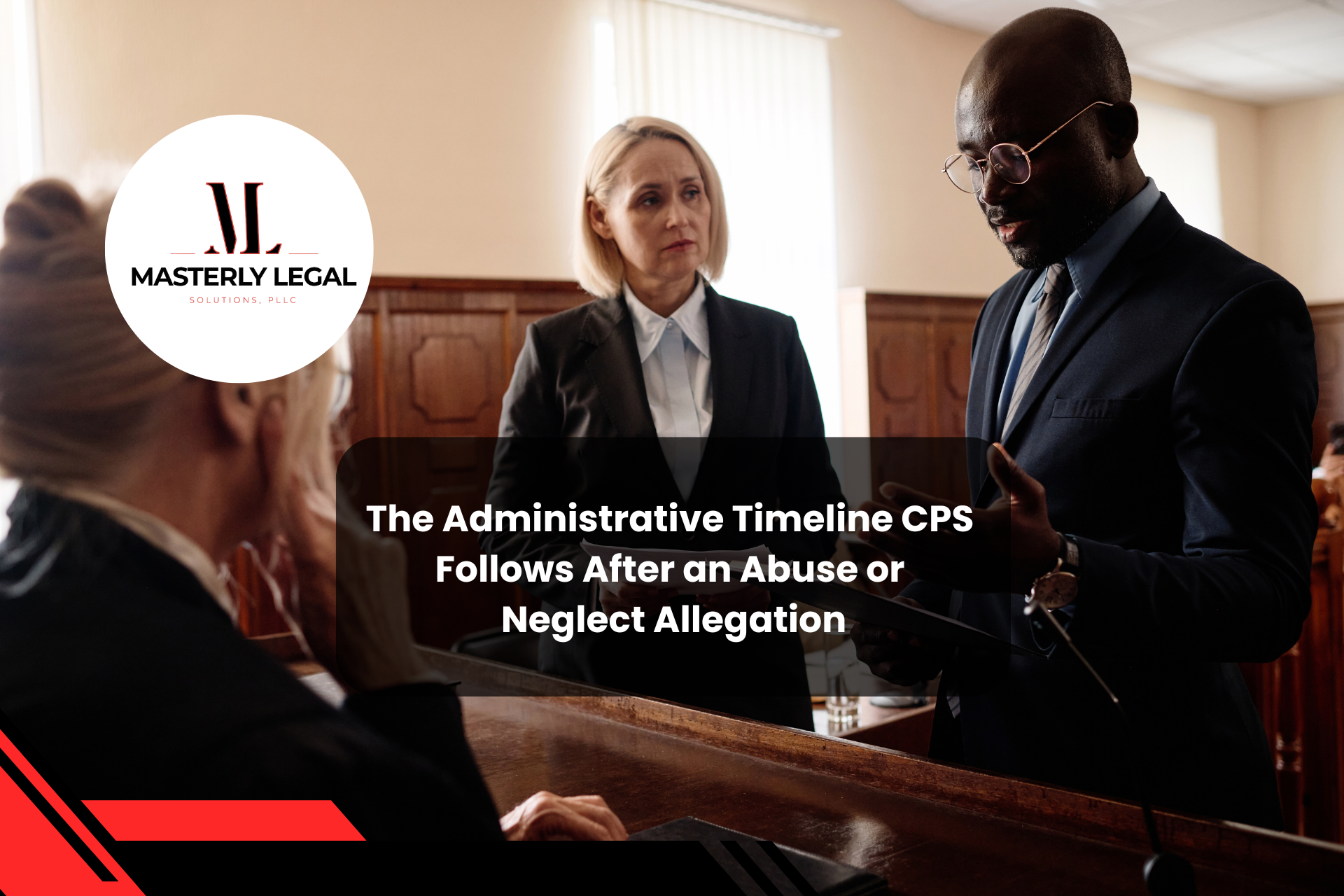Legal Risks in Social Media Campaigns: What Businesses Need to Know
As businesses rely more on social media campaigns to reach their target audiences, the legal landscape surrounding these campaigns has grown increasingly complex. Social media offers businesses opportunities to connect with vast audiences, but it also presents significant legal risks. Failing to navigate these risks can lead to costly litigation, brand damage, and compliance issues. This article explores the key legal risks that businesses should consider when planning and executing social media marketing campaigns, and how legal guidance can mitigate these risks.
Understanding the Legal Landscape of Social Media Campaigns
The Rise of Social Media Campaigns in Business
Social media campaigns have become a vital part of most businesses' marketing strategies. Whether it's through social media posts, social media ads, or influencer collaborations, companies across industries use social media platforms to engage with customers and raise brand awareness. However, with this increased use comes a need to understand the legal obligations and risks that accompany such campaigns.
From ensuring compliance with advertising regulations to managing user-generated content, businesses must take the necessary steps to protect themselves. Without proper legal guidance, a simple mistake in a social media marketing campaign can lead to serious legal consequences.
Common Legal Risks in Social Media Campaigns
- Intellectual Property Violations: Businesses must be cautious about using copyrighted materials or trademarks in social media posts without permission. This includes using images, music, and logos that are not owned by the business. Even sharing user-generated content can lead to violations if proper permissions are not obtained.
- False Advertising: Social media advertising must follow the same truth-in-advertising standards as traditional advertising. Any claims made in social media campaigns must be accurate, and businesses should avoid misleading statements, exaggerated claims, or unsubstantiated results.
- Privacy Concerns: With the growing use of data collection through social media platforms, businesses must ensure they are following data privacy laws. This includes compliance with regulations like the GDPR (General Data Protection Regulation) and CCPA (California Consumer Privacy Act), especially when collecting or processing customer data.
- Influencer Agreements: Partnering with influencers to promote products or services is a common tactic in social media marketing, but it comes with legal risks. Businesses must ensure that influencers properly disclose their relationships with the brand to avoid violating FTC (Federal Trade Commission) guidelines.

Intellectual Property in Social Media Campaigns
Protecting Your Brand's Intellectual Property
One of the most significant legal risks in social media marketing campaigns is the unauthorized use of intellectual property (IP). When a business launches a social media campaign, it must ensure that its social media content complies with copyright, trademark, and patent laws.
- Trademarks: A company's name, logo, and slogans are all protected by trademark law. Any unauthorized use of these by another entity in a social media campaign could lead to trademark infringement. It's essential for businesses to monitor social media channels for potential misuse of their IP.
- Copyright: Using images, music, or videos in your social media posts without permission from the content creator can lead to copyright infringement. Even content shared by fans or followers, known as user-generated content, must be reviewed carefully to avoid violations.
Mitigating the Risk of Infringement
To reduce the risk of IP violations, businesses should:
- Secure licenses or permissions for all content used in social media marketing.
- Create original content that aligns with the company’s brand identity.
- Develop internal guidelines to ensure that all social media marketing campaigns respect copyright and trademark laws.
False Advertising and Social Media Compliance
Advertising Laws and Social Media
Advertising regulations apply to social media campaigns just as they do to traditional media. This means that any claims about a product or service made in social media ads or social media posts must be truthful, clear, and not misleading. This is particularly important when businesses highlight their products’ effectiveness or benefits through social media channels.
- Disclosures: Businesses must ensure that any sponsored content is clearly marked as such. If influencers are involved, they must disclose their relationship with the brand.
- Product Claims: Avoid making claims about your products or services that cannot be substantiated. Misleading advertising, even on social media platforms, can lead to legal action by regulators like the FTC.
Ensuring Compliance in Social Media Campaigns
Businesses can mitigate the risk of false advertising by:
- Providing influencers and partners with clear guidelines for disclosing partnerships.
- Reviewing all product claims made in social media marketing campaigns to ensure accuracy.
- Working closely with legal teams to ensure compliance with local and federal advertising laws.

Privacy and Data Collection in Social Media Campaigns
Collecting and Protecting Customer Data
Social media platforms allow businesses to collect valuable data about their customers, from website visits to purchasing behaviors. While this data can help optimize social media campaigns, businesses must ensure compliance with data protection laws like GDPR and CCPA when using this data.
- Data Collection: Companies should inform users about the data being collected and how it will be used. This is especially important when using tools like Google Analytics to track campaign performance.
- Data Security: Ensure that all customer data is stored securely and that there are safeguards in place to protect it from breaches.
Privacy Concerns for Social Media Campaigns
To protect user privacy and avoid violations, businesses should:
- Include privacy policies on all social media channels and social media platforms.
- Obtain user consent for any data collection, particularly for targeted ads.
- Ensure that any social media ads comply with data privacy laws.
The Role of Influencers in Social Media Campaigns
Legal Considerations for Influencer Marketing
Influencer marketing is a powerful tool for reaching younger social media users and creating engaging content. However, working with influencers brings its own set of legal challenges. Businesses must ensure that influencers comply with FTC guidelines, including clear disclosure of paid partnerships.
- Influencer Agreements: Formal contracts should outline the responsibilities of both parties, including content creation and disclosure requirements. This helps avoid misunderstandings and ensures compliance with the law.
- Social Media Strategy: Businesses should develop a clear social media marketing strategy that outlines how influencers will be used and what goals the social media campaign aims to achieve.
Protecting Your Business in Influencer Campaigns
To protect your business, make sure:
- Influencers properly disclose their relationships with your brand.
- Contracts are in place that clearly defines the expectations and responsibilities of both parties.
- Influencers align with your brand values and follow your legal guidelines.

Social Media Campaign Compliance and Regulation
Navigating Regulatory Requirements
Various industries face unique legal requirements when it comes to social media campaigns. For example, financial institutions must comply with specific advertising regulations, while medical providers must ensure patient privacy when engaging in social media.
- Industry-Specific Regulations: Each sector has its own set of regulations. For example, healthcare businesses must be aware of HIPAA regulations when creating social media posts that involve patient interactions.
- Paid Ads: Social media advertising laws also regulate how paid ads can be targeted, especially when personal data is used. Compliance with these rules is crucial to avoid hefty fines.
Ensuring Compliance Across Multiple Platforms
As businesses engage with multiple platforms for their social media campaigns, it’s important to ensure consistency in legal compliance across each platform. Each social media platform has its own terms of service, and understanding these rules is essential for avoiding penalties.
How to Achieve Effective Social Media Campaigns Across Different Platforms
When businesses run social media campaigns across different social media platforms, they face a range of legal challenges that can impact the campaign's success. To run effective social media campaigns, companies must ensure compliance with platform-specific rules and legal regulations, while also targeting the right audience and protecting their brand image. Whether you're using short videos for TikTok users, high-quality images on Instagram, or LinkedIn ads for professional engagement, each platform has unique legal considerations.
Additionally, businesses must tailor their content to resonate with their target audience and encourage more engagement while avoiding legal pitfalls. Successful social media campaigns are those that balance creativity with legal compliance, whether through influencer partnerships, user-generated content, or strategic timing for posts. Examining social media campaign examples from successful brands can help businesses navigate the challenges while increasing website traffic and achieving their business goals for their next social media campaign.

Crafting Successful Social Media Campaigns: Legal Considerations for Your Next Strategy
When businesses aim to launch the best social media campaigns, they must balance creativity with legal compliance. The use of innovative social media content ideas can help increase brand awareness and attract devoted brand advocates, but without careful attention to legal requirements, a successful campaign can quickly turn into a liability. Ensuring that your business complies with intellectual property laws when using user-generated content or working with influencers is critical for avoiding legal risks.
For your next campaign, it's important to focus on compliance while aligning with your marketing department’s goals. Whether you're producing engaging social posts across multiple social channels or aiming to create a lasting emotional connection with your audience, maintaining a consistent voice and following regulations will help ensure a successful social campaign. Looking at examples from leading brands like National Geographic or a popular beauty brand can serve as a prime example of how to create engaging, compliant content while generating lasting impact.
Legal Risks When Creating Content for Social Campaigns: What to Watch Out For
Creating engaging content for social campaigns is key to raising brand visibility and generating customer interaction, but businesses must be cautious of the legal risks involved. Whether writing a blog post or crafting videos for a YouTube channel, compliance is essential to avoid intellectual property violations, false advertising claims, or privacy breaches. As your marketing department works to create campaigns that resonate with a diverse range of users, it's crucial to ensure that all content adheres to legal standards, especially when using user-generated content or implementing social responsibility messaging.
When planning future campaigns, it's important to focus on content that not only aligns with your business goals but also complies with laws governing online marketing. Encouraging users to engage with your content can be a powerful strategy to generate leads and raise awareness, but companies must ensure they obtain proper permissions and give credit where needed. By focusing on creating legally sound content, businesses can avoid costly pitfalls while building a stronger connection with their audience across one platform or multiple channels.
Legal Considerations for Content Creation and Social Proof in Your Campaign
When businesses create content for a campaign involved in social media, they must navigate various legal risks. Whether it's producing original content or leveraging social proof—such as testimonials, reviews, or influencer collaborations—companies must ensure that their use of such material adheres to advertising laws and avoids intellectual property infringement. Each campaign involved must be carefully structured to avoid misuse of content that doesn't belong to the business, as failing to do so can lead to legal disputes.
Additionally, businesses that encourage users to create their own version of a branded challenge or trend should ensure they set clear guidelines and obtain consent. Understanding how time spent listening to certain content impacts metrics can be useful, but privacy concerns arise when data is collected without proper user consent. By maintaining compliance and respecting user rights, businesses can avoid legal complications while maximizing the effectiveness of their social media efforts.

Legal Risks in the Best Social Media Advertising Campaigns
Even the best social media advertising campaigns can face significant legal risks if they aren't properly managed. Businesses that run high-performing campaigns must ensure they are not violating intellectual property rights, data privacy laws, or advertising regulations. Whether using influencer endorsements, user-generated content, or targeted ads, compliance with laws such as the FTC’s advertising guidelines is critical to avoid penalties.
To protect your brand, it’s important to develop legally sound strategies for all advertising content, ensure transparency in sponsored posts, and secure the necessary rights for any media used. Successful campaigns that comply with legal standards not only safeguard your business but also build trust with your audience, laying the groundwork for future campaigns without legal setbacks.
Legal Risks to Consider in Social Media Campaign Ideas for Small Businesses
When developing social media campaign ideas for small businesses, it’s essential to recognize the legal risks that come with online marketing. Small businesses may want to stand out by using creative content, influencer partnerships, or running promotions, but they must ensure their campaigns comply with intellectual property laws, advertising regulations, and data privacy requirements. For example, using copyrighted images or music without permission or failing to disclose a paid partnership with an influencer can result in legal penalties.
Small businesses should also be mindful of collecting and using customer data, particularly with targeted ads, as data privacy regulations like GDPR and CCPA apply even to smaller enterprises. By carefully reviewing the legal aspects of their social media campaigns, small businesses can protect themselves from costly legal disputes and build trust with their audience.
Ready to Safeguard Your Social Media Campaign?
At Masterly Legal Solutions, we know how important it is to run a legally sound and effective social media campaign. Whether you're looking to navigate intellectual property issues, ensure compliance, or manage influencer agreements, our experienced legal team is here to assist you at every step.
Let’s work together to ensure your campaign is legally compliant and protected from potential risks.
Call us at (972) 236-5051 to discuss your social media strategy and how we can help safeguard your business while enhancing your campaign’s success.
Disclaimer: This article is for informational purposes only and does not constitute legal advice. Please contact us for guidance on your specific legal situation.
Looking for Legal & Business Solutions? Contact Us Now
Fill in the form or call us to set up a meeting














